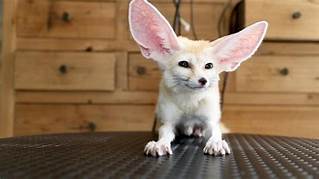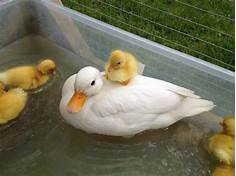What Pets Are Illegal in Arkansas?
Arkansas has specific laws in place that regulate the ownership of certain animals as pets. Whether you're a lifelong resident or new to the state, understanding these laws is crucial to ensure you comply with local regulations and protect the well-being of both humans and animals.

Prohibited Animals:
1. Dangerous Wild Animals:
Arkansas strictly prohibits the possession of wild animals considered dangerous due to their potential to inflict severe injury or death. These animals include lions, tigers, bears, leopards, jaguars, cheetahs, cougars, wolves, hyenas, elephants, rhinoceroses, hippos, giraffes, zebras, and venomous snakes.
2. Primates:
Owning primates such as monkeys, apes, and lemurs is prohibited in Arkansas, as these animals pose a unique set of challenges and require specialized care that goes beyond what most individuals can provide.
3. Exotic Birds:
Certain exotic bird species are prohibited in Arkansas for ecological reasons. These include starlings, mynas, house sparrows, and monk parakeets, as they are known to compete with native bird populations for food and habitat.
4. Reptiles:
Arkansas law prohibits keeping alligators, crocodiles, caimans, and snapping turtles as pets. These animals pose a risk to humans and require specialized care that most individuals cannot provide.
Exceptions and Permits:
1. Educational Institutions:
Educational institutions may be granted permits to possess certain restricted animals for educational or research purposes. However, strict regulations and safety measures must be followed, and the animals must be properly confined and handled by trained personnel.
2. Licensed Facilities:
Facilities licensed by the Arkansas Game and Fish Commission may possess certain restricted animals, such as venomous snakes, for educational exhibits or scientific research, subject to strict regulations and safety protocols.
3. Personal Possession Permits:
In certain limited cases, individuals may apply for a personal possession permit from the Arkansas Game and Fish Commission to keep a restricted animal. However, this requires demonstrating a compelling interest and the ability to provide adequate care and a secure environment for the animal.
Why These Laws Matter:
1. Public Safety:
Prohibiting dangerous and exotic animals as pets protects public safety. These animals can pose a threat to human life and property, especially if they escape or are not properly handled.
2. Animal Welfare:
Many exotic and wild animals have specialized needs that most individuals cannot provide in a home environment. Keeping these animals in captivity often leads to suffering due to inadequate care, improper nutrition, and lack of suitable living conditions.
3. Ecological Balance:
Releasing non-native species into the wild can disrupt local ecosystems. Invasive species compete with native wildlife for resources and can introduce diseases that threaten native populations.
Conclusion:
Arkansas' laws regulating the ownership of certain animals as pets aim to protect public safety, ensure animal welfare, and maintain ecological balance. Complying with these laws is not only legally responsible but also demonstrates respect for the well-being of animals and the environment.
Declaration: All article resources on this website, unless otherwise specified or labeled, are collected from online resources. If the content on this website infringes on the legitimate rights and interests of the original author, you can contact this website to delete it.






